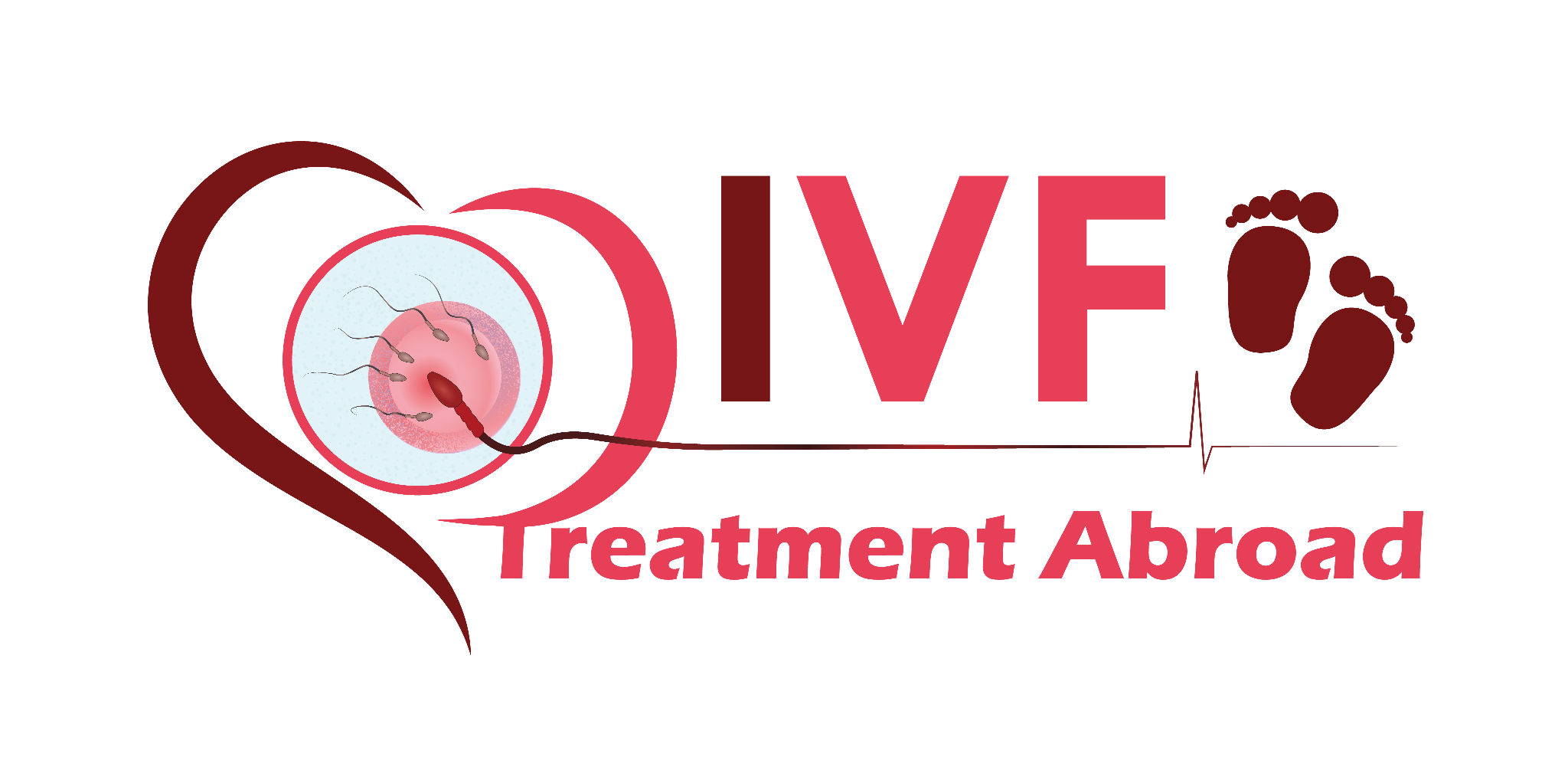So, who is egg donation suited for:
- Those who suffer from primary ovarian failure (never had periods so never had eggs to achieve a pregnancy with) or premature ovarian failure (menopause happened way sooner than is normal).
- Those who want to achieve a pregnancy later in life (mainly in their 40’s but in some cases, 50’s) when their own egg quality is compromised, and the use of a younger egg gives a much higher chance of success.
- Those who know they have a high chance of passing on a genetic condition should they use their own eggs.
- Those who have had cancer or autoimmune diseases, have undergone chemotherapy or radiotherapy, and have caused irreparable damage to their ovaries.
Compared to IVF the preparation in most cases is a whole lot easier with the use of medication as follows. Clinics will often use the combined contraceptive pill to regulate hormones and help plan treatment dates. Some will then use a down-regulation injection such as Lupron or Prostap to fully suppress the hormones before making a bleed happen and then starting on the estrogen preparation. This is done with either tablets or patches to give the body estrogen and create a freshly thick womb lining (endometrium). Five days prior to the embryo transfer progesterone is started in the form of pessaries or injections to give the second hormone that the body needs to support the womb lining and possible pregnancy. These medications continue through till the pregnancy test and then if we get the positive pregnancy test result, for a further 6-8 weeks.
Whatever is needed we will provide detailed treatment plans to follow through treatment.

Add Your Comment